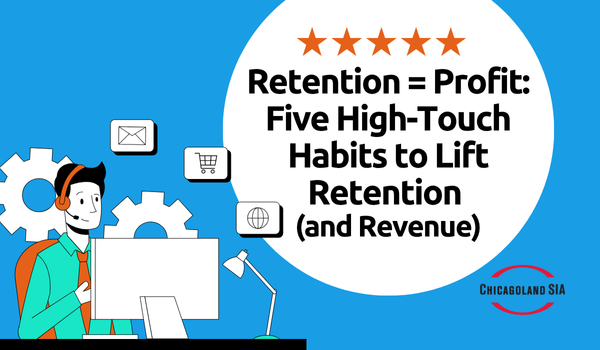Understanding Book Ownership: A Comparative Analysis for Insurance Agents

In the insurance industry, the concept of book ownership holds significant importance for agents. Whether you're a captive insurance agent, an independent agent, or part of an insurance network, understanding what book ownership means and how it differs among these models is crucial.
Defining Book Ownership:
Book ownership refers to the rights and control an insurance agent possesses over their book of business, which consists of policies they have sold and clients they serve. It encompasses the ownership of policy rights, commission deposits, and client files. The degree of ownership varies depending on the type of agency an agent operates within, such as captive, independent, or within an insurance network.
Captive Insurance Agents:
Captive insurance agents are affiliated with a single insurance company and exclusively sell policies offered by that company. In this model, book ownership is typically retained by the insurance company. The agent acts as a representative of the company, building a client base and selling policies under the company's name. While agents may derive benefits from the captive arrangement, such as training and support, they do not own the book of business they generate. This lack of ownership can limit the agent's control and options if they decide to switch companies or pursue other opportunities.
Independent Insurance Agents:
Independent insurance agents, on the other hand, have the freedom to work with multiple insurance companies. They are not bound to a single carrier, which allows them to offer a wider range of policies and tailor coverage to their clients' specific needs. In this scenario, agents own their book. They retain control over policy rights, commission deposits, and client files. This ownership enables independent agents to build a valuable asset over time that can be leveraged for future growth or even sold when they decide to retire or exit the business.
Independent Insurance Agents in a Network:
Independent insurance agents can also choose to join an insurance network, cluster, aggregator, or brokerage agency. These networks provide agents with access to shared resources, support, and potential cost savings through group purchasing power. In this setup, book ownership can vary depending on the specific network's structure and agreements. Some networks may grant agents full ownership of their book of business, while others may place certain limitations or controls on one or more aspects of ownership, such as commission deposits or client database access. Some networks even have noncompete agreements which can range from 1 to 2 years.
The Importance of Book Ownership:
Book ownership plays a vital role in an agent's long-term success and financial well-being. Here are some reasons why book ownership is crucial:
- Asset Value: Owning a book of business translates into having an asset. Agents who own their book can increase its value over time through strategic growth and exceptional client service. This enhanced value can lead to higher sales prices when agents decide to retire or sell their agencies.
- Control and Flexibility: Book ownership empowers agents with control and flexibility over their business operations. They can make independent decisions and adapt to market changes based on their own business objectives.
- Entrepreneurial Opportunities: Book ownership opens doors to entrepreneurial opportunities. Agents can expand their operations, hire staff, and explore new markets or lines of business with confidence, knowing they have control over their book's growth and profitability.
- Negotiating Power: Agents with strong book ownership have an advantage during negotiations with carriers or potential buyers. They can demand favorable terms, higher commissions, and maintain control over their client relationships.
Book ownership is a crucial concept for insurance agents to grasp, as it influences their long-term success and financial prospects. When considering different agency models, it is essential for insurance agents to carefully evaluate the level of book ownership offered and how it aligns with their long-term goals.
For independent agents considering joining a network the question of book ownership is vital to establish before signing a contract. It is recommended they ask the following key questions regarding book ownership:
- Will I have subcodes unique to my agency, granting exclusive authority to write business?
- Will I have access to commission and production reports through the insurance company login, enabling me to monitor my production, loss ratio, and commission?
- Will anyone other than me and my contracted employees be able to view my clients and their information?
- Will the network allow me to continue working with any insurance companies provided by the network in the event we part ways?
- Will the network sign a letter releasing my subcode and send it to the insurance company, once I satisfy the terms of the contract? that you will sign a letter releasing my subcode and send it to the insurance company?
At Chicagoland SIA, our members maintain full autonomy and ownership of their book of business. For more information about Chicagoland SIA reach out to Jenny or Mike!


